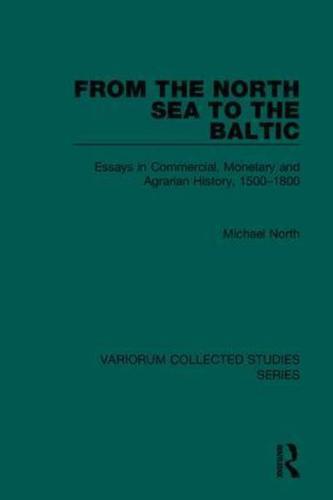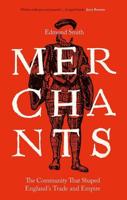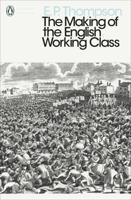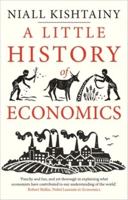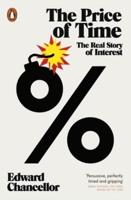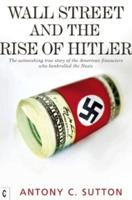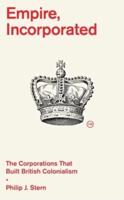Publisher's Synopsis
The Baltic in the early modern period has been called a 'Nordic Mediterranean'. In the studies collected here, Professor North is concerned to examine the ways in which this Baltic region became integrated into the international division of labour and the emerging world economy. The volume opens with a new introductory essay, and the first section then focuses on commodities exported to Western Europe - grain, timber, flax, hemp and other raw materials. The following studies examine how this ever growing bulk trade stimulated a flow of money and payments in the opposite direction, and led to the formation of the manorial economy and second serfdom in the grain-producing countries of the Baltic hinterlands.
